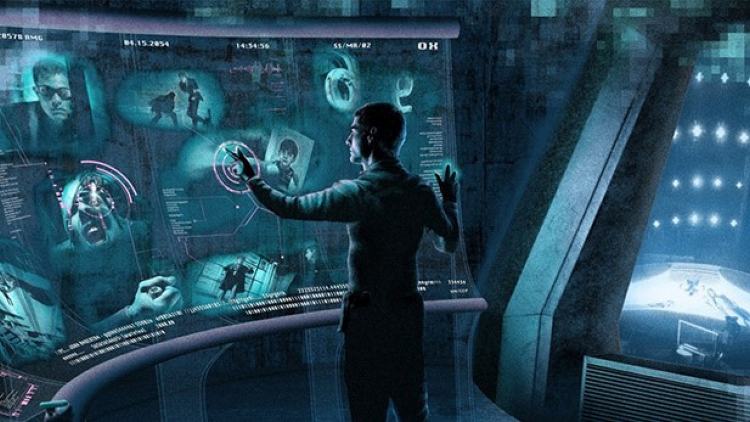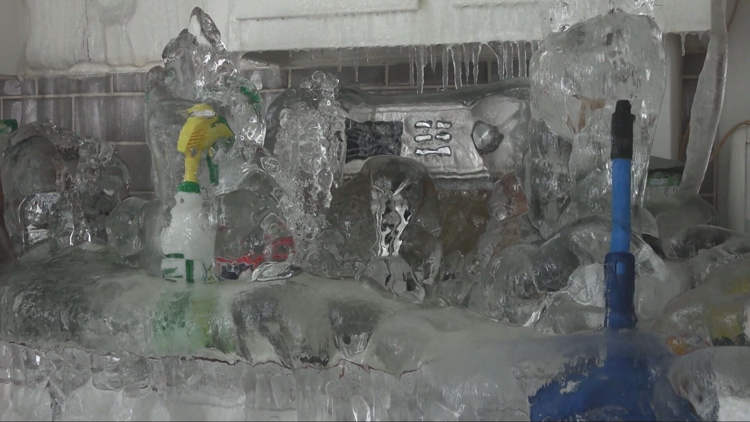Scientists at the University of Chicago have developed a new algorithm that forecasts crime with up to 90% accuracy by analyzing data and learning patterns.
Minority Report is a very popular sci-fi film about a special police unit that can arrest murderers before they commit their crimes with the help of three clairvoyant humans called Precogs, which can visualize impending homicides. It’s a brilliant film, if you like sci-fi murder mysteries, or you’re simply a fan of Tom Cruise, but the reason we bring it up in this story is that a team of researchers claims to have come up with a real-world, AI-powered system that is also able to predict crimes with an accuracy of 90%. And their systems doesn’t require Precogs, just past data so it can predict the future.

Photo: Minority Report poster
Data and social scientists from the University of Chicago have developed an advanced algorithm that works by learning patterns in time and geographic locations from public data on violent and property crimes. According to the University of Chicago, the new model “isolates crime by looking at the time and spatial coordinates of discrete events and detecting patterns to predict future events. It divides the city into spatial tiles roughly 1,000 feet across and predicts crime within these areas instead of relying on traditional neighborhood or political boundaries, which are also subject to bias.”
Apparently, the accuracy of the new algorithm’s predictions was up to 90% and worked not only for Chicago, but also with data from seven other U.S. cities: Atlanta, Austin, Detroit, Los Angeles, Philadelphia, Portland, and San Francisco.
“We created a digital twin of urban environments. If you feed it data from what happened in the past, it will tell you what’s going to happen in future,” said Ishanu Chattopadhyay, PhD, Assistant Professor of Medicine at UChicago and senior author of the study.

Photo: Michael Fortsch/Unsplash
The model was tested and validated using historical data from Chicago around two broad categories of crimes: violent crimes (homicides, assaults, and batteries) and property crimes (burglaries, thefts, and motor vehicle thefts), and, according to the recently-published study it could predict future crimes one week in advance with about 90% accuracy.
Maybe we’re not quite at Minority Report level of predicting crime just yet, but this AI-powered technology definitely seems like a step in that direction.












